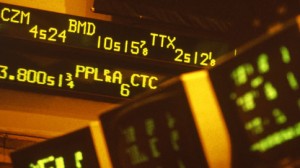More ETFs Close Their Doors
This month, two ETF providers in the US announced they were closing shop. First up was FocusShares (associated with the online brokerage Scottrade), who will shutter its entire roster of 15 ETFs. Then on August 17—the same day the FocusShares ETFs ceased trading—Russell ETFs declared it will close all of its passively managed funds in [...]











